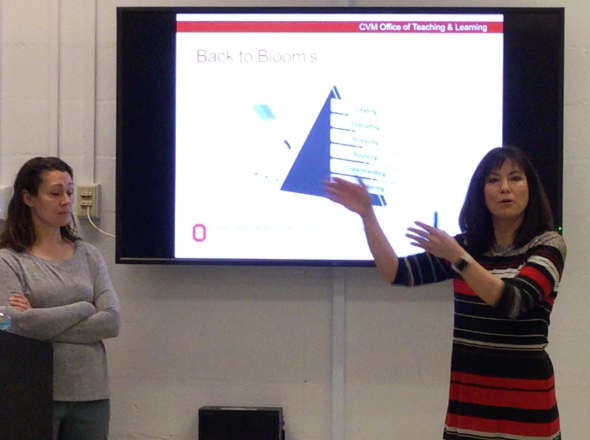The Distance Education Learning and Teaching Academy (DELTA) is once again offering the Kickstart Week, which is “a series of related workshops that will prepare you to design for and teach in online and hybrid settings. Each day focuses on a different set of skills and pedagogies.” Staff from the Office of Teaching and Learning have attended the workshops, and have found the experience to be useful for face-to-face offerings as well – our newest member, Sean McCready, plans to attend this upcoming offering!
If you are interested, feel free to follow the links below to register for the workshops:
- Day 1: Course design process, (online) quality assurance
- Day 2: Assessments and rubrics, writing in (online) courses, academic integrity
- Day 3: Planning activities, making the most of Ohio State supported tools
- Day 4: Recording media content (@ Denney Hall Digial Union), library materials, copyright in (online) courses
